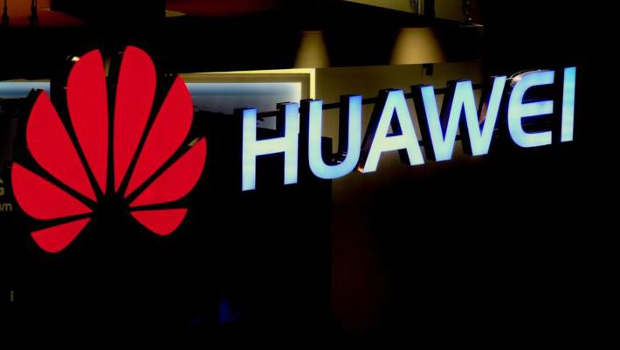
Huawei confirms lawsuit against the US government
Huawei has confirmed it filed a complaint in the US federal court arguing that the ban the US government has imposed on its products goes against its own constitution.
Deputy chairman Guo Ping said that the specific section prevents Huawei from serving its US customers, damages its reputation and deprives the vendor of opportunities to serve customers outside the US.
Abuse of process
“It is an abuse of the US law making process. This section strips Huawei of its due process, violates the separation-of-power principle, breaks US legal traditions, and goes against the very nature of the constitution. Section 889 infringes upon our rights and harms US consumers,” Ping said.
Ping said that it has been branded as a threat by the US government, stating the US hacked its servers and stolen emails and source code.
“Despite this, the US government has never provided any evidence supporting their accusations that Huawei poses a cyber security threat. Still, the US government is sparing no effort to smear the company and mislead the public about Huawei. Even worse, the US government is trying to block us from the 5G markets in other countries,” Ping added.
Countries such as Australia that in August 2018 informed the Chinese vendor it was banned from providing 5G technology to Australia.
Later, Huawei went to call the Australian Government’s actions as “politically motivated, not the result of a fact-based, transparent, or equitable decision-making process”.
In early February, Reuters reported that was a group of lawmakers from Italy’s ruling coalition pushing the government to ban Huawei Technologies from supplying equipment for the roll out of the 5G network.
“We are compelled to take this legal action as a proper and last resort. We look forward to the court’s verdict, and trust that it will benefit both Huawei and the American people,” Huawei’s Ping added.
Making a case
Glen Nager, the lead counsel of the action, explained the lawsuit is based on three aspects of the US Constitution: the Bill of Attainder Clause; the Due Process Clause and the separation of powers embodied in the Vesting Clauses.
The Bill of Attainder Clause prohibits legislation that is both selective and imposes punishment.
“The Complaint argues that Section 889 violates this constitutional proscription, because among other things it selectively bars only Huawei (and one other entity) from providing certain products to the Federal Government, its contractors, and federal loan and grant recipients,” Nager said.
The Due Process Clause, he explained, requires “due process of law” before anyone is deprived of life, liberty, or property. Huawei will argue that Section 889 stigmatises Huawei by “selectively insinuating that Huawei is subject to Chinese Government influence and is a security risk”.
Under the Vesting Clauses, Congress has the power to make rules, not to apply those to individuals.
“The complaint argues that Section 889 violates the Vesting Clauses and the separation of powers embodied in them by effectively adjudicating Huawei’s supposed connection to the Chinese government, instead of allowing the Executive and the courts to make that judgement,” he explained.
The lawsuit was filed in the US District Court in Plano, Texas.
IDG News Service







Subscribers 0
Fans 0
Followers 0
Followers